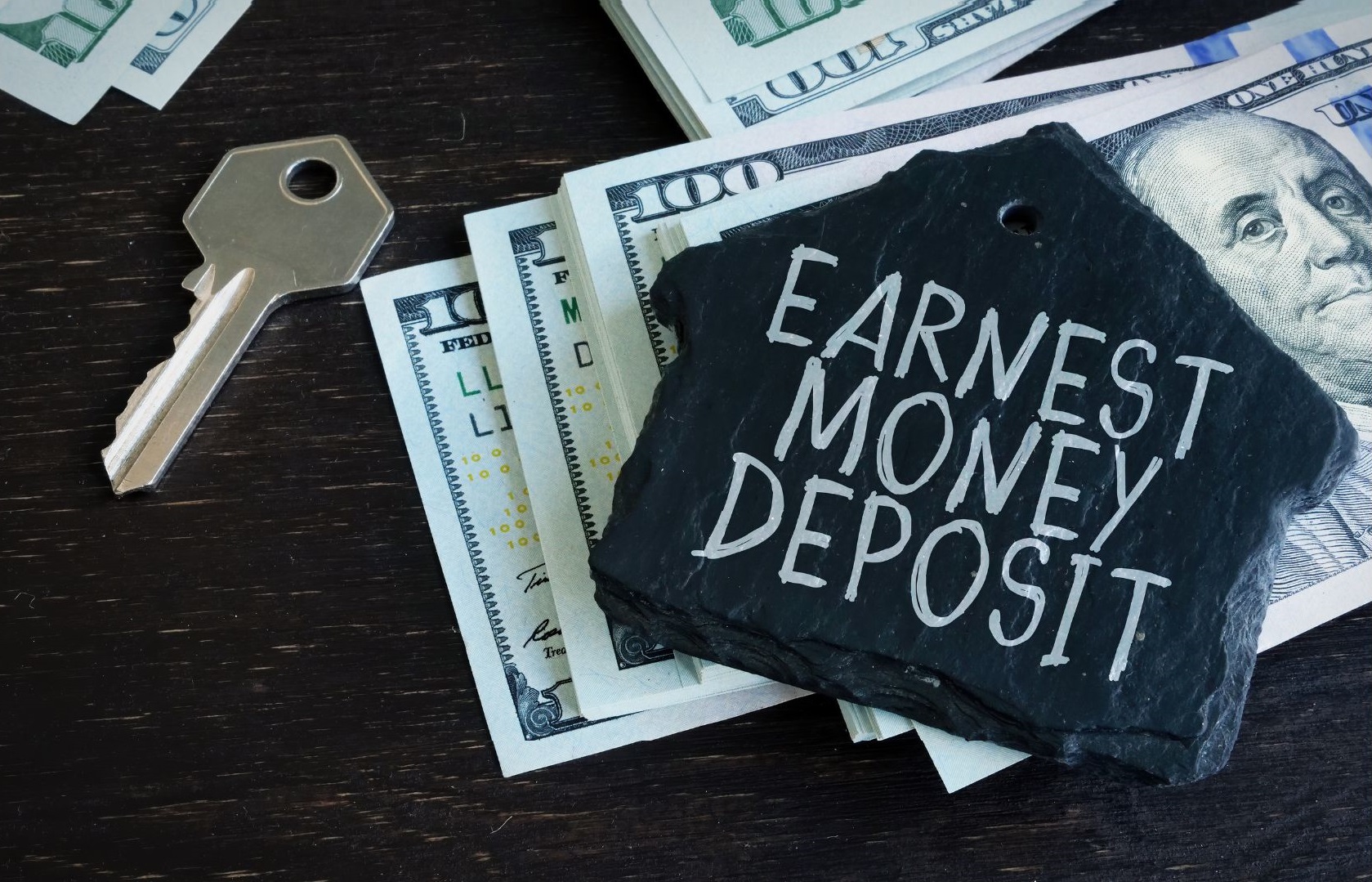Why Working with a Dispo Team Saves Time and Increases ROI




When you're working in real estate wholesaling, understanding Earnest Money Deposits (EMD) is essential. It’s more than just a good-faith payment—it's a legal tool that can help secure your deals, build trust, and protect you from legal risks. In this article, we’ll break down what earnest money is, why it matters in wholesaling, how to use it properly, and how to avoid common mistakes.
Earnest money is a deposit made by a buyer to show they are serious about buying a property. It acts like a financial handshake—proof that the buyer intends to go through with the deal. This money is usually held in an escrow account and later applied toward the purchase price or returned, depending on the terms of the contract.
In wholesaling, where the buyer is often another investor or end buyer, the use of earnest money becomes slightly different but no less important. It shows both the seller and end buyer that you, the wholesaler, are committed and professional.
.jpg)
In wholesaling, your role is to get a property under contract at a low price and assign that contract to an end buyer at a profit. Since you're not the one closing on the property yourself, sellers often want some form of security. This is where earnest money helps:
EMD laws are not the same everywhere. Each U.S. state has its own real estate laws—some very strict, others more flexible. Here are a few things that may vary:
Tip: Always check your state’s real estate licensing board or consult a real estate attorney to stay compliant.
.jpg)
A handshake isn't enough. You need a written agreement that clearly outlines:
You can find legal templates online, but have a real estate attorney review your documents, especially if you’re doing deals regularly.
A contingency is a condition written in the contract that must be met for the deal to go forward. If the condition isn’t met, the buyer can legally back out without losing the earnest money.
Common contingencies include:
In wholesaling, inspection and title contingencies are especially important. These give you room to exit a deal if necessary, or pass on issues to your end buyer.
If one party fails to meet the terms of the agreement, it could be considered a breach of contract. In many cases:
Tip: Always include a clear dispute resolution clause in your agreement to avoid drawn-out legal battles.
Here’s how to handle earnest money the smart way:
.jpg)
In traditional real estate deals, earnest money is usually 1–3% of the purchase price. In wholesaling, some investors put down as little as $10 to $100, especially if the seller agrees.
While this is legal in many places, offering too little may hurt your credibility. To stay competitive, some wholesalers put down $500 to $1,000 or more, especially in hot markets or for higher-value properties.
In real estate wholesaling, Earnest Money Deposits are a powerful tool—but only if used correctly. They show commitment, reduce risk, and make your offers more credible. But they also come with legal responsibilities.
By understanding the laws, writing clear agreements, and working with professionals, you can avoid costly mistakes and close more deals with confidence.
As your wholesaling career grows, treat earnest money seriously. It’s not just a small deposit—it’s a signal of your professionalism and reliability in the real estate game.